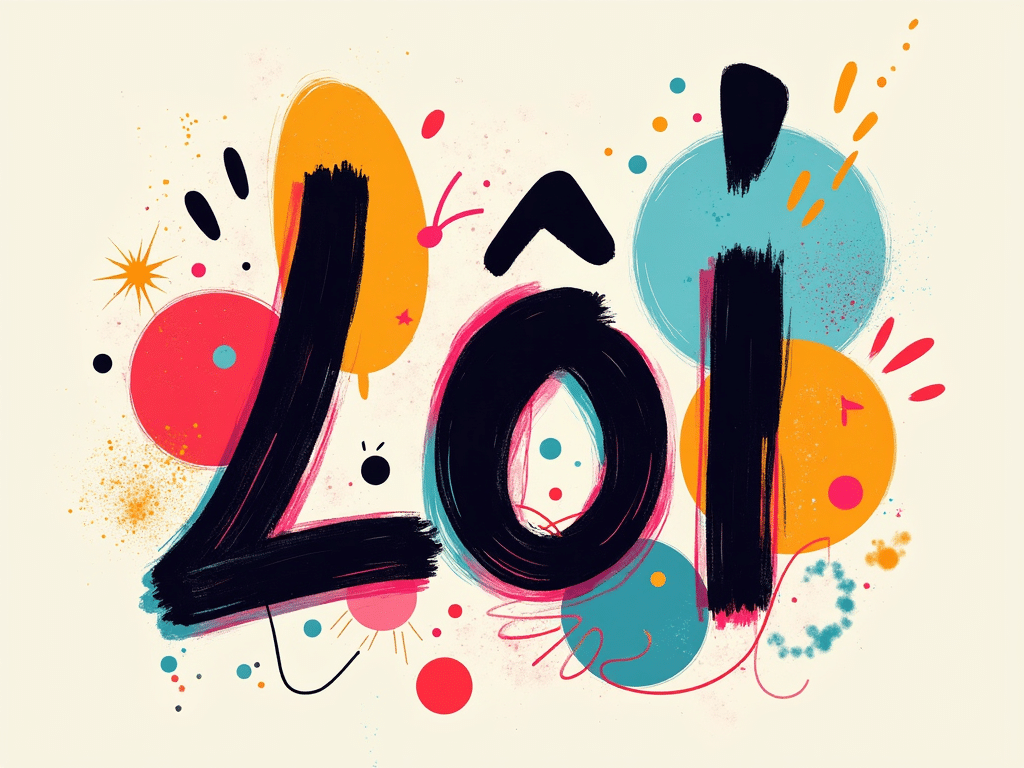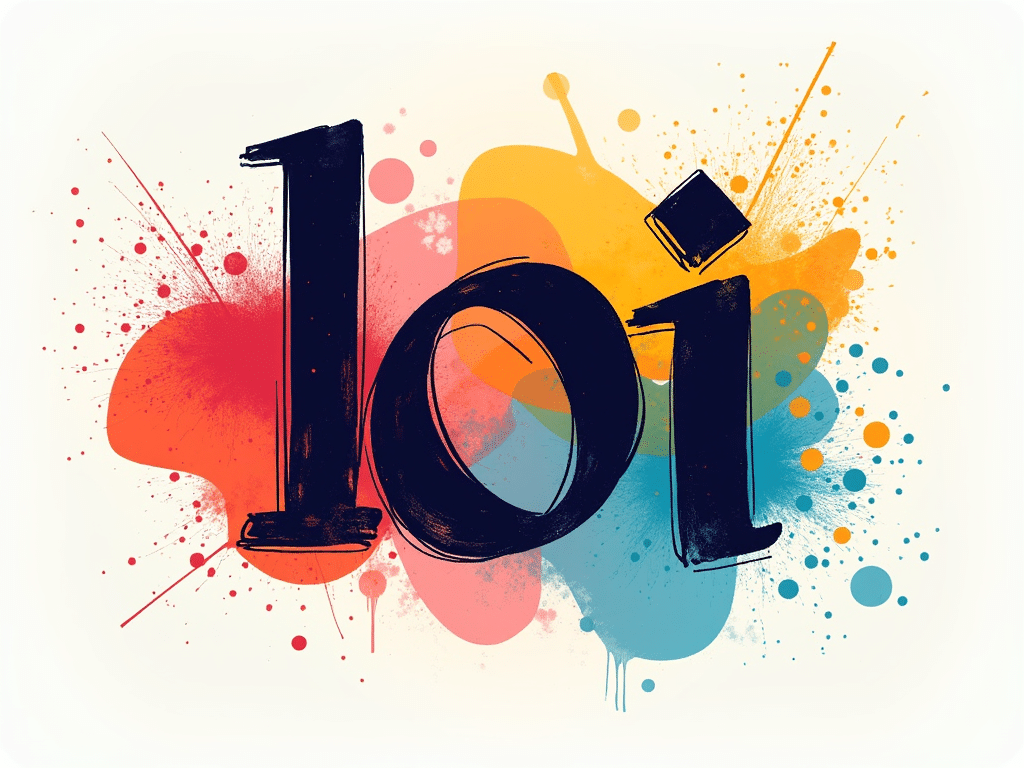In the fast-paced world of digital communication, slang terms and acronyms are like secret codes that help us express emotions quickly and efficiently. One such term that has gained popularity is LOI, which stands for “Laughing on the Inside.” It’s a subtle way to convey amusement without the full-blown laughter of “LOL.” Let’s dive into what LOI means, where it comes from, and how you can use it in your everyday conversations.
| Key Takeaways |
|---|
| LOI means “Laughing on the Inside.” |
| It’s used to express mild amusement. |
| LOI is more subtle than LOL. |
| Common in texting and online chats. |

What Does LOI Mean?
LOI, or “Laughing on the Inside,” is a slang acronym used to indicate that something is amusing, but not enough to make you laugh out loud. It’s like when you hear a joke that’s funny, but you’re in a place where you can’t burst out laughing—like during a boring class or a serious meeting. You find it funny, but you keep it inside.
Also read: ASMR Meaning
Origins and Usage
The rise of acronyms like LOI can be traced back to the early days of texting and online chatting when people needed quick ways to express emotions without typing long sentences. While LOL became the go-to for laughter, LOI emerged as a more nuanced option for those moments when you’re amused but keeping it cool.
Also read: GNIGHT Meaning
Where Will You See LOI?
- Text Messages: When your friend sends a meme that’s funny but not hilarious.
- Social Media: In comments or replies where you want to acknowledge humor without overreacting.
- Online Forums: When participating in discussions and someone makes a witty remark.
Examples of LOI in Conversations

To better understand how LOI fits into everyday chats, let’s look at some examples:
- Example 1: Your friend texts you about their dog doing something silly. You find it amusing but not laugh-out-loud funny, so you reply with “LOI.”
- Example 2: Someone makes a sarcastic comment in a group chat. You get the humor but don’t want to make a big deal out of it, so you respond with “LOI.”
Why Use LOI?
Using LOI can be handy in several situations:
- Subtle Humor: It shows that you have a sophisticated sense of humor and can appreciate jokes without being overly expressive.
- Situational Awareness: Perfect for times when you’re in public or can’t laugh out loud.
- Variety in Expression: Adds diversity to your digital vocabulary, so you’re not always stuck using LOL or ROFL.
Incorporating LOI into your digital communication can make your interactions more relatable and nuanced. It’s like having an inside joke with yourself! Stay tuned for more insights on how slang shapes our conversations and check out other interesting terms like WYF or LBVS on our site.
Comparison with Similar Acronyms
When it comes to expressing laughter or amusement, there are several acronyms to choose from. Here’s how LOI stacks up against some popular ones:
| Acronym | Meaning | Intensity |
|---|---|---|
| LOI | Laughing on the Inside | Subtle, internal |
| LOL | Laugh Out Loud | Moderate, external |
| ROFL | Rolling on the Floor Laughing | Intense, exaggerated |
| LMAO | Laughing My A** Off | Strong, enthusiastic |
LOI is perfect when you want to keep things low-key. It’s a bit like smiling quietly at a joke while everyone else is laughing out loud.
Cultural Impact
Acronyms like LOI reflect how our communication styles are evolving. They allow us to convey complex emotions quickly and efficiently. This shift in language shows how digital communication is shaping our interactions. Just like emojis, which add layers of meaning to our texts, acronyms help us express ourselves in nuanced ways. Check out how emojis can be misunderstood in this article.
Conclusion
In a world where speed and brevity are key, LOI offers a subtle way to express amusement without going overboard. It’s a handy tool for those moments when you want to acknowledge humor but keep it cool. So next time you’re texting or chatting online, give LOI a try and see how it adds a touch of sophistication to your digital conversations.
For more on how language and slang evolve, explore terms like TS and SMH on our website. Happy chatting!







